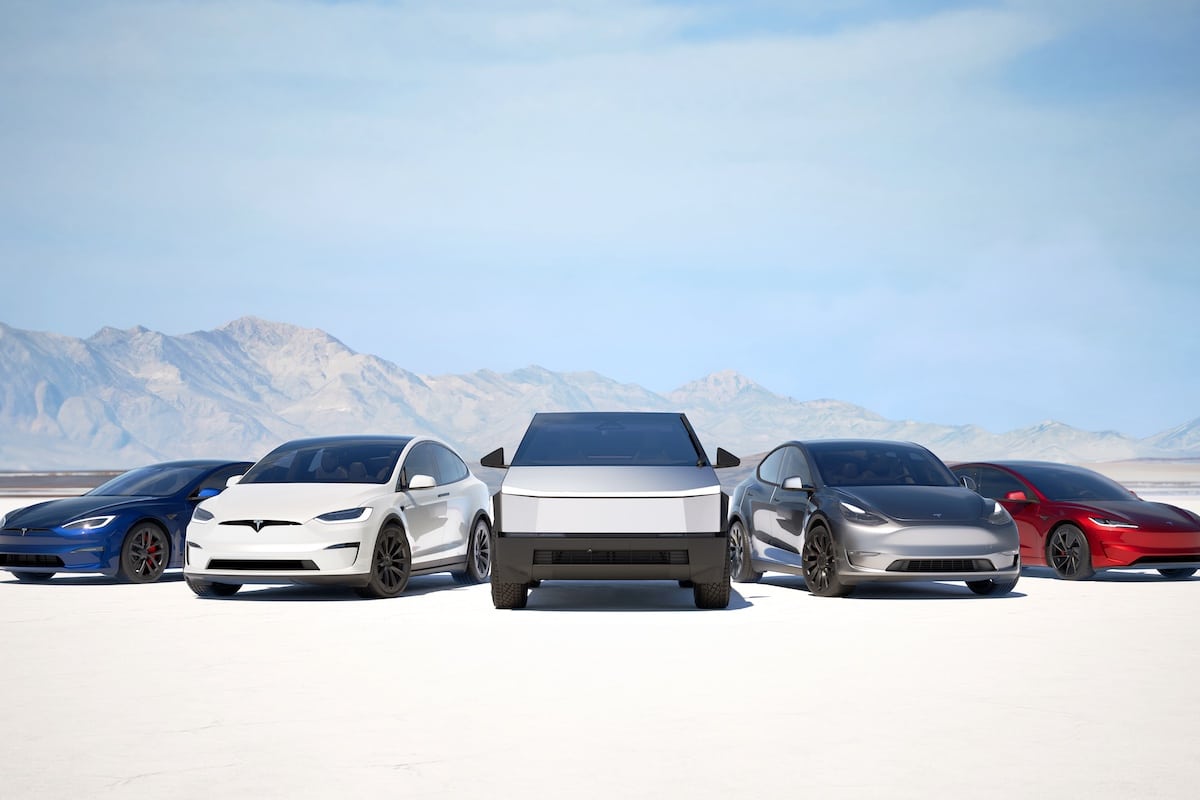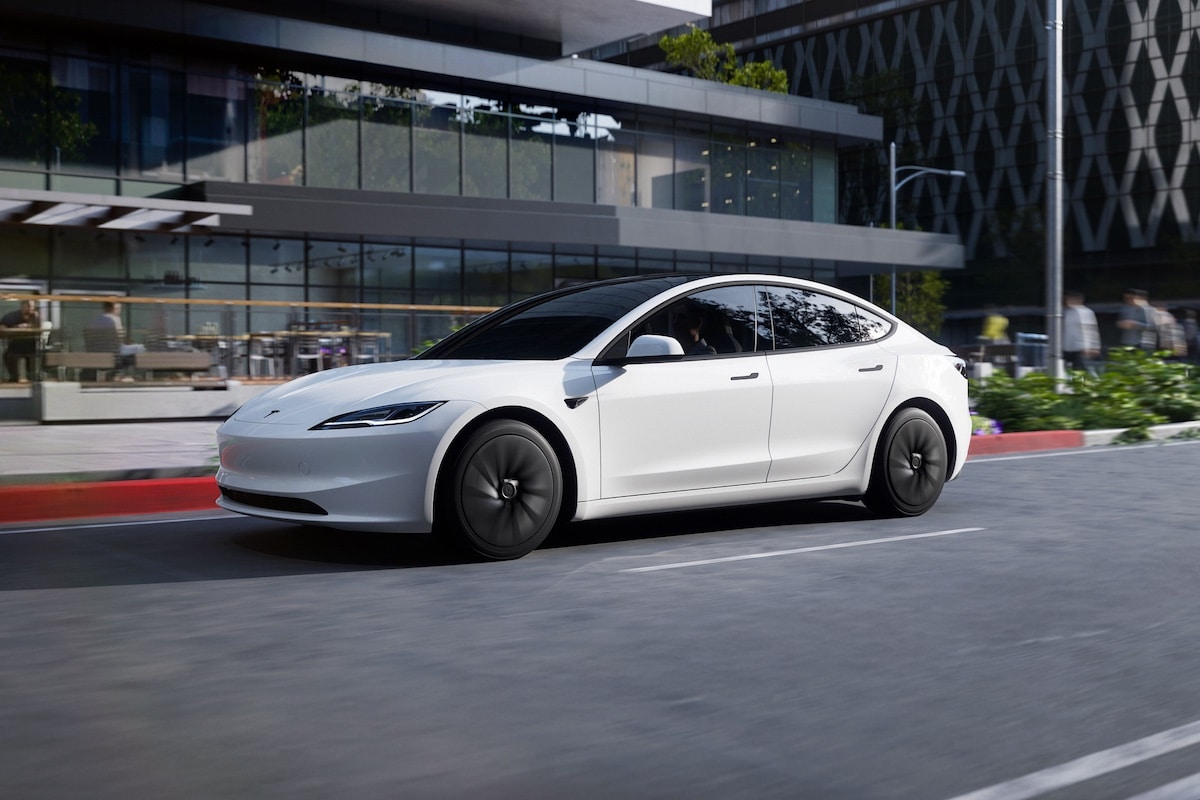A Penalty for Electric Cars?

It is a more than serious hypothesis taking shape across the Atlantic where opposition to electric cars knows no bounds.
In the United States, Republican senators have introduced two bills that turn their back on decades of efforts to promote electric vehicles (EVs). The first aims to eliminate the $7,500 federal tax credit for the purchase or lease of EVs, as well as incentives for used models and charging stations. The second proposes a flat $1,000 tax on the purchase of a new EV, justified by their supposed low contribution to funding road infrastructure. This last argument is undeniable, making it a major threat.
Although these proposals align with Donald Trump’s vision, they risk upsetting his new BFF Elon Musk, whose company Tesla would be directly affected. As a leading figure in transportation electrification, Musk would find it hard to justify this blow to the EV market, which he embodies more than anyone.
The Electric Links Are Broken
These measures, popular among certain conservative circles, represent a step backward that raises a double concern. On one hand, they reflect the growing influence of oil lobbyists. For example, they claim that EVs damage roads more due to their weight. Yet, a Tesla Model 3 weighs only a few dozen kilos more than a Chevrolet Corvette. Do you find that funny? Allow us to remind you that some Parisian elected officials say that SUVs are three times more dangerous than “normal” cars, even though they can’t precisely define what a SUV is. A tall car, a heavy car … whatever, a SUV is bad, and it must be taxed.
This general rejection of EVs reveals the flaws of a poorly orchestrated transition. Rather than generating enthusiasm, it has exacerbated fears and oppositions, fueling deep skepticism. These bills, perceived as extreme, reflect a rebalancing under the pressure of pro-oil conservatives, but they raise a crucial question: how to turn the transition to electric into a unifying project?
As it stands, these measures could not only slow down the development of EVs in the United States but also harm the national automotive industry, which risks losing its lead to better-prepared foreign competitors.
READ ALSO: The Final Eco-bonus & Malus for 2025
This page is translated from the original post "Un Malus pour les voitures électriques ?" in French.
We also suggestthese articles:
Also read







